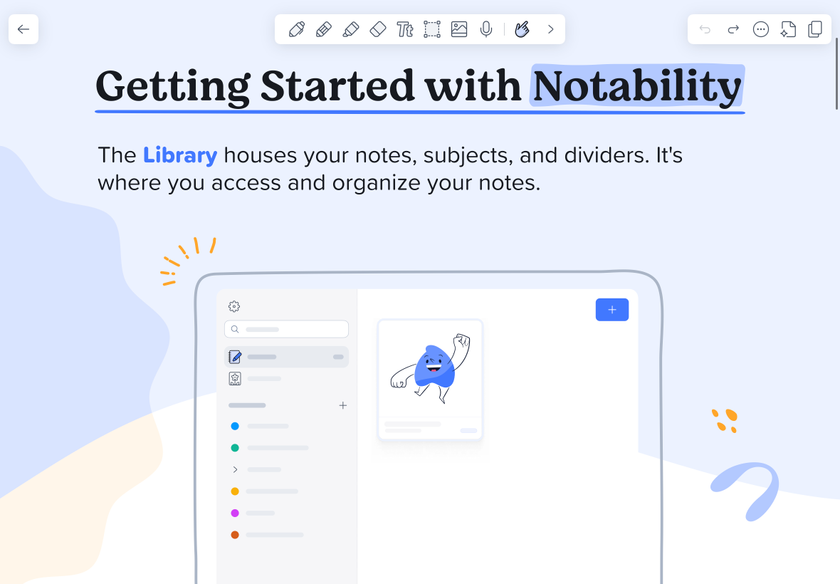How can a business best manage and make use of customer feedback?
The voice of the customer is the voice of reason
TRP: What are the challenges companies face with the large amount of customer feedback they receive (social, etc.)?
SK: The main challenge is simply aggregating all of it! Especially in large companies, different business units often struggle to gather all of the relevant feedback that's available and share it with each other. This means they're unable to get a full view of how customers are responding to different steps of their journeys. Thankfully, customer experience management systems have come a long way in helping companies manage this aggregation.
Making sense of feedback and getting it quickly to people who can act on it is another common challenge. How can you be sure frontline employees across many locations and channels are seeing and acting on every piece of feedback that's relevant to them? Even a few unacknowledged complaints can be disastrous. And without a system in place to help, employees will probably be too busy to analyse feedback and develop personalised, strategically sound responses on the spot.
TRP: What kind of customer sentiment should companies track and capture?
SK: The short answer is: all of it! The beauty of feedback is that it's almost always associated with a valuable sentiment of some kind, either liking or disliking some aspect of the customer experience.
Positive and negative feedback are both very useful. Positive feedback helps companies focus on their own key differentiators and find new business opportunities. They can also strengthen existing relationships by simply thanking customers for the compliment. Negative feedback helps companies resolve individual problems, prevent churn, and identify processes that need to be fixed.
TRP: How does real-time feedback integrate into a company's customer relationship management program?
Are you a pro? Subscribe to our newsletter
Sign up to the TechRadar Pro newsletter to get all the top news, opinion, features and guidance your business needs to succeed!
SK: Ironically, Voice of the Customer (VOC) – or Customer Experience Management – platforms have done a better job understanding the customer "relationship" than CRMs. Now that the customer experience has become such an important issue for CEOs, and since the technology needed to operationalise feedback has improved, customer experience platforms have found logical integration with CRM systems.
There are many ways integrating a system like Medallia's with CRM platforms can help companies handle feedback in real-time. For example, negative feedback can immediately trigger an alert in the CRM system, so users can close the loop with the customer by responding to their comment in a timely fashion. Also, data is typically passed both ways between the systems, helping employees better understand how these individual pieces of feedback tie into inferred, operational and financial data.
TRP: "Voice of the Customer" programs have grown as a result of social media – how have these programs evolved?
SK: In general, social media has increased the number of sources and touch-points for customer feedback. More feedback is always good for companies if they're able to understand and act on it.
Of course, effective Voice of the Customer programs must allow companies to look at social feedback in the context of larger customer journeys. They also have to help companies act on that feedback. But good VOC programs use social media proactively, too.
For example, in the hospitality industry, review sites like TripAdvisor play a big part in customers' booking decisions. Historically, those sites have tended slightly towards negative feedback. But hospitality companies with the right customer experience tools can actively solicit a wider range of feedback for those sites on a broad scale, so their ranking is more representative of their entire customer base.
TRP: What other ways has mobile technology impacted customer experience initiatives?
SK: Aside from helping organisations quickly access and respond to feedback, mobile technology allows customers to provide feedback immediately after – or even during – an interaction with a company. These comments are valuable because the customer's memory of the experience is still fresh. They're able to provide accurate, nuanced details about what worked and what didn't. That's something all companies should be curious and excited about.

Désiré has been musing and writing about technology during a career spanning four decades. He dabbled in website builders and web hosting when DHTML and frames were in vogue and started narrating about the impact of technology on society just before the start of the Y2K hysteria at the turn of the last millennium.











